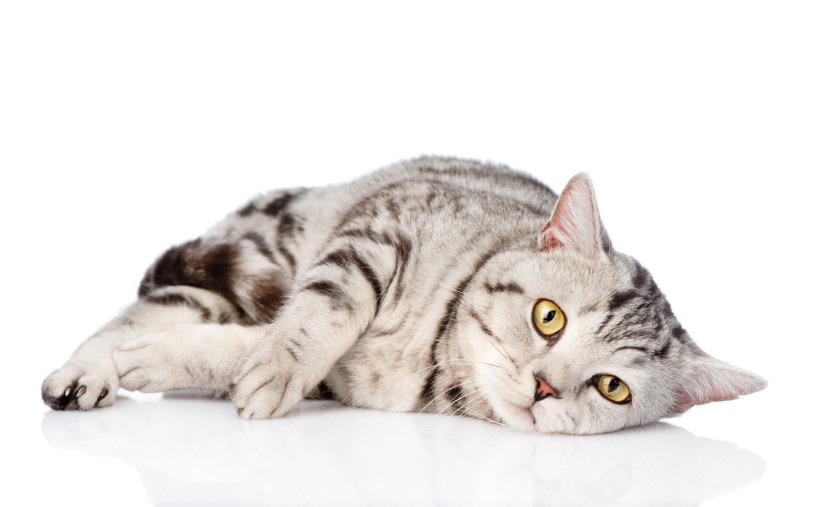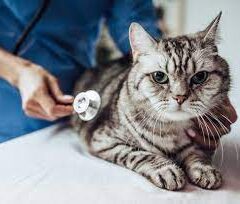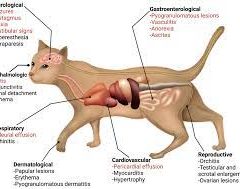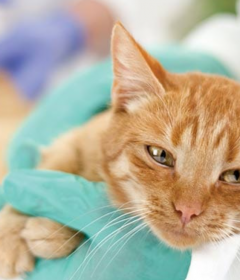Feline Infectious Peritonitis with Zero Chance of Survival

Life is something that many people have to thanks, even for a life of a cat. That is because life is totally precious. Unfortunately, in the past decade, there is a kind of disease in a cat called Feline Infectious Peritonitis. This one kind of disease is indeed something quite rare, but unfortunately, the survival rate from this kind of disease is total zero. Yes, it is not one percents or zero point five percents. It is an absolute 100 percents that the cat will never survive from Feline Infectious Peritonitis or FIP. That is why this kind of disease is considered as one really dangerous disease in a cat.
Basically, this kind of disease is caused by the mutation of the corona virus inside the body of the cat. Unfortunately, there are no specific details about the things that cause the mutation of the corona virus inside the body of the cat. as an addition to that, the spreading of this kind FIP is also believed can be done through the air so that it is advisable for you to isolate the your cat if your cat has the FIP. Fortunately, the Feline Infectious Peritonitis is not something that can be transferred to human. At least, from some cases all around the world, there is no harm for human at all. That is why you do not need to worry about being infected with this kind of disease. However, you still need to worry about the condition of your cat because in most of the cases, the chance of survival is zero and the cats can only live within the next few weeks, six is the most.
 For your final consideration, there are actually two main signs of the Feline Infectious Peritonitis that you can visibly see from a cat. The first one is the bigger belly with skinnier legs. This one is the real sign and it is totally easy to see. It is as if your cat is bloated, but the other body parts are getting skinnier. The second sign is the wound or injuries on some parts of the body. Most of the time, you can find the wounds around the area of the legs, the belly or the lower part of the neck. That is why you need to be aware if your cat has some wounds that cannot be cured within few weeks. That might be one sign of Feline Infectious Peritonitis that you should not miss.
For your final consideration, there are actually two main signs of the Feline Infectious Peritonitis that you can visibly see from a cat. The first one is the bigger belly with skinnier legs. This one is the real sign and it is totally easy to see. It is as if your cat is bloated, but the other body parts are getting skinnier. The second sign is the wound or injuries on some parts of the body. Most of the time, you can find the wounds around the area of the legs, the belly or the lower part of the neck. That is why you need to be aware if your cat has some wounds that cannot be cured within few weeks. That might be one sign of Feline Infectious Peritonitis that you should not miss.



